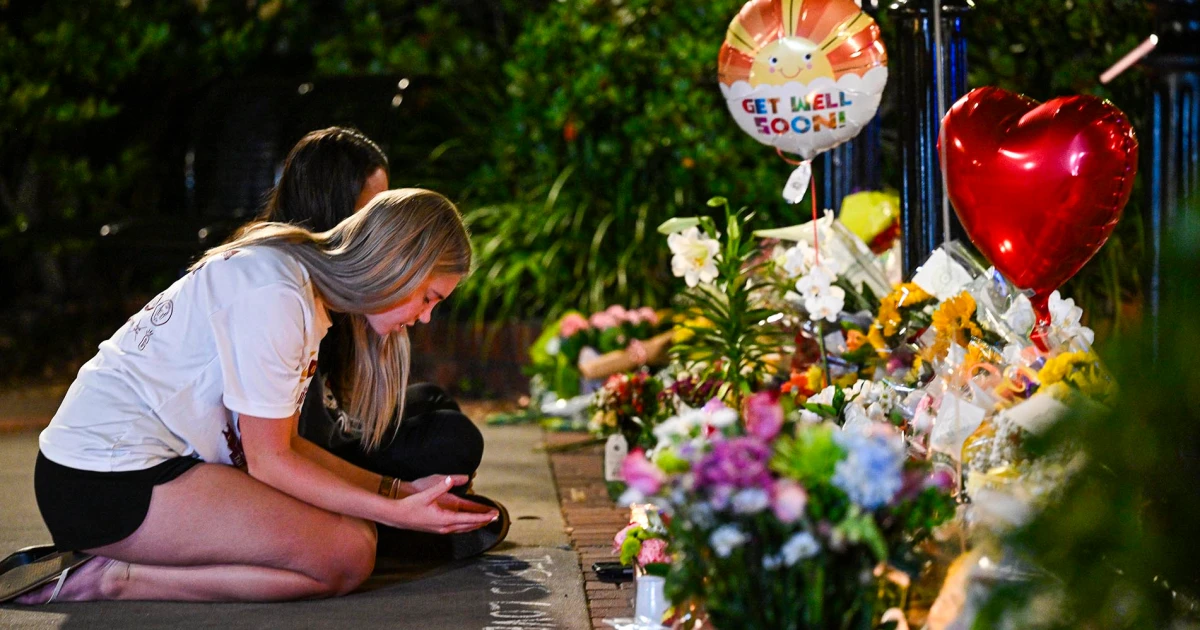On Thursday, a student at Florida State University shot and killed two people, while injuring six others, according to police. Soon after, a reporter asked Donald Trump for his reaction to the latest deadly school shooting, specifically inquiring as to whether the president would consider new legislation to prevent gun violence.
The Republican characterized the developments at FSU as a “shame,” but added, “These things are terrible, but the gun doesn’t do the shooting — the people do.”
I suppose there’s a degree of truth to that — guns don’t pull their own triggers — but it’s also true that killers don’t throw their bullets at their victims. Rather, they use weapons, and those weapons can be regulated by the state.
The president, however, apparently doesn’t want to take any such steps. On the contrary, as The New York Times reported, he and his administration seem eager to move in the opposite direction, with plans to “roll back an array of gun control measures.”
The Justice Department also plans to create a path for people with criminal convictions to own guns again, and has threatened investigations of states it perceives to be violating Second Amendment rights. Since Mr. Trump took office, the Bureau of Alcohol, Tobacco, Firearms and Explosives, which is tasked with stemming the spread of illegal guns, has been weakened by staff departures and by the diversion of agents from core duties to immigration enforcement.
When thinking about the differences between the president’s first term and his second, this issue is high on the list. As I noted in my first book (see chapter 8), it was in February 2018, in the wake of a mass school shooting, when Trump held a televised, hourlong discussion with a group of lawmakers from both parties about gun violence. As part of the conversation, then-Vice President Mike Pence raised the prospect of empowering law enforcement to take weapons away from those who’ve been reported to be potentially dangerous, though he added that he expected to see “due process so no one’s rights are trampled.”
“Take the firearms first and then go to court,” Trump interjected. At the same event, the then-president endorsed a law enforcement model in which police officers confiscated some Americans’ guns “whether they had the right or not.”
When Republicans derailed those negotiations and nothing passed, there was another mass shooting a year later, at which point Trump again wanted a gun bill, including restrictions on assault rifles — which, according to multiple accounts, was one of his long-sought goals.
In other words, as recently as his first term, the president sought ambitious gun reforms — up to and including extrajudicial gun confiscations.
Last week, after the FSU murders, the Republican added, “I have an obligation to protect the Second Amendment.” But in the recent past, Trump had those same responsibilities, and it didn’t stop him from endorsing measures that might’ve saved lives. Now, evidently, he no longer wants to bother with the effort.
This post updates our related earlier coverage.
